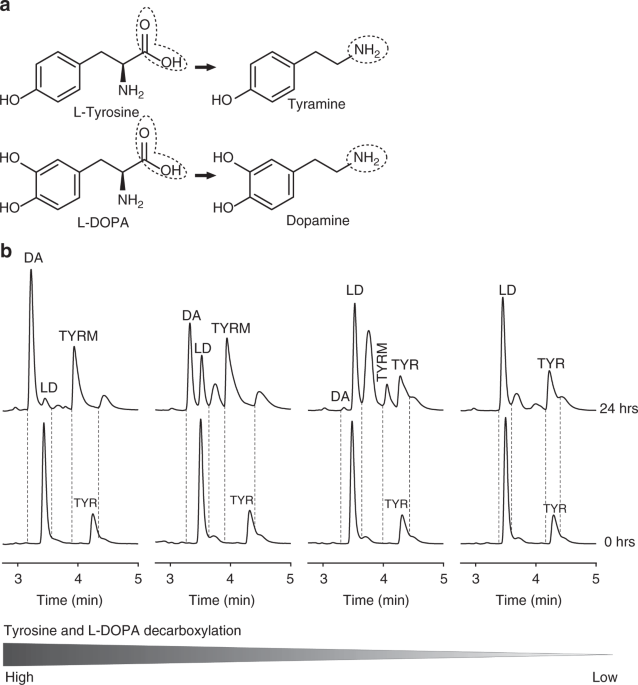
Patients with Parkinson’s Disease are treated with levodopa, which is converted into the neurotransmitter dopamine in the brain. In a study that was published on 18 January in Nature Communications, we show that gut bacteria can metabolise levodopa into dopamine. As dopamine cannot cross the blood-brain barrier, this means the bacteria can compromise the availability of the medication, even in the presence of inhibitors that should prevent the conversion of levodopa. Check it at: https://www.nature.com/articles/s41467-019-08294-y
Follow the Topic
-
Nature Communications

An open access, multidisciplinary journal dedicated to publishing high-quality research in all areas of the biological, health, physical, chemical and Earth sciences.
Related Collections
With Collections, you can get published faster and increase your visibility.
Women's Health
Publishing Model: Hybrid
Deadline: Ongoing
Advances in neurodegenerative diseases
Publishing Model: Hybrid
Deadline: Mar 24, 2026





Please sign in or register for FREE
If you are a registered user on Research Communities by Springer Nature, please sign in